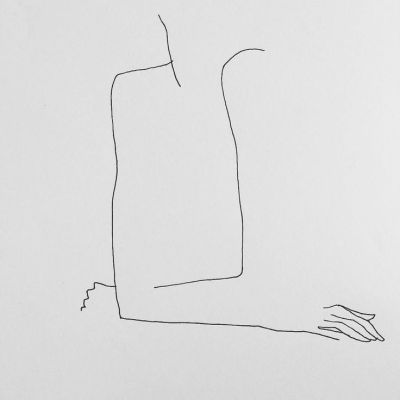Surbhi Dewan
Talking about migration would be talking about what happens with the crossing of boundaries. Boundaries of culture and climate, and boundaries of visibility, where a change in semantics can come to render what was invisible visible (an accent, perhaps a way of dressing, one’s values and ideas, the experience of being surveilled as an alien), while also allowing the migrant certain new freedoms to be invisible (anonymity where ‘nobody knows your name’, and certain kinds of agency one may not have enjoyed back home).
The dream soon turned into an obsession, fuelled by my kind and supportive father who would’ve done the same for me no matter what I had decided to obsess over. Before I knew it, my whole life revolved around cricket. I had a room full of posters of men who played cricket, and a brain full of cricket facts and trivia. The posters covered every inch of my room. I remember picking up new ones every other week from the street-side sellers of Connaught Place in Delhi, and found one with every new issue of The Hindu’s sports magazine called Sports Star.
Fantasy is make-believe. We make something up and then we believe it in order to make it exist. However, in some contexts, the make-believe is relegated to the realm of mere ‘play’ (as opposed to the ‘real’), but there’s no denying that make-believing is a crux of human civilisation – children naturally play make-believe games that steer them in their growth, adults use the hypothetical in their thought to make everyday decisions, and both children and adults rely on fantastical stories and myths to construct a common meaning that contributes to creating the world as we know it.



